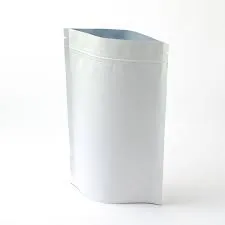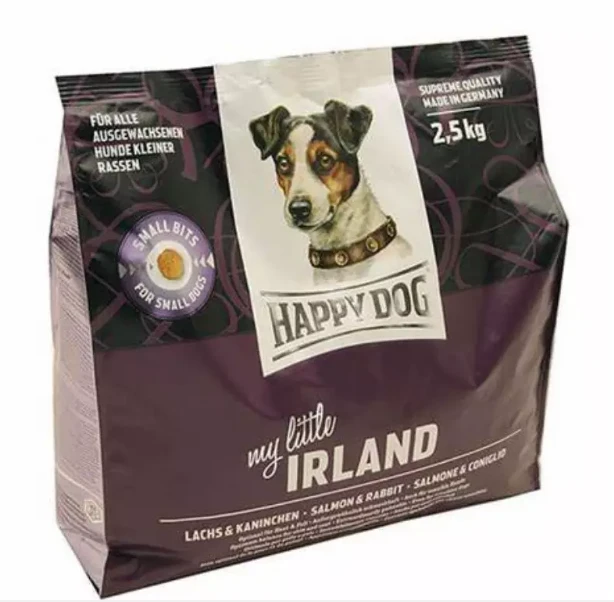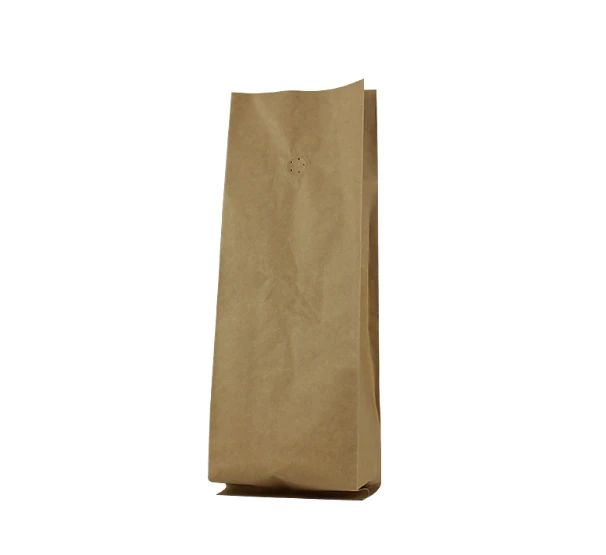- Afrikaans
- Albanian
- Amharic
- Arabic
- Armenian
- Azerbaijani
- Basque
- Belarusian
- Bengali
- Bosnian
- Bulgarian
- Catalan
- Cebuano
- chinese_simplified
- chinese_traditional
- Corsican
- Croatian
- Czech
- Danish
- Dutch
- English
- Esperanto
- Estonian
- Finnish
- French
- Frisian
- Galician
- Georgian
- German
- Greek
- Gujarati
- haitian_creole
- hausa
- hawaiian
- Hebrew
- Hindi
- Miao
- Hungarian
- Icelandic
- igbo
- Indonesian
- irish
- Italian
- Japanese
- Javanese
- Kannada
- kazakh
- Khmer
- Rwandese
- Korean
- Kurdish
- Kyrgyz
- Lao
- Latin
- Latvian
- Lithuanian
- Luxembourgish
- Macedonian
- Malgashi
- Malay
- Malayalam
- Maltese
- Maori
- Marathi
- Mongolian
- Myanmar
- Nepali
- Norwegian
- Norwegian
- Occitan
- Pashto
- Persian
- Polish
- Portuguese
- Punjabi
- Romanian
- Russian
- Samoan
- scottish-gaelic
- Serbian
- Sesotho
- Shona
- Sindhi
- Sinhala
- Slovak
- Slovenian
- Somali
- Spanish
- Sundanese
- Swahili
- Swedish
- Tagalog
- Tajik
- Tamil
- Tatar
- Telugu
- Thai
- Turkish
- Turkmen
- Ukrainian
- Urdu
- Uighur
- Uzbek
- Vietnamese
- Welsh
- Bantu
- Yiddish
- Yoruba
- Zulu
Compostable Gift Wrap Eco-Friendly, Biodegradable & Sustainable Packaging
- Overview of compostable gift wrap
trends and environmental impact - Technical advantages of compostable biodegradable materials
- Supplier comparison: Key metrics for exporters and importers
- Customization options for businesses and brands
- Real-world applications and success stories
- Cost-benefit analysis and long-term sustainability
- Future outlook for compostable packaging solutions

(compostable gift wrap)
Embracing the Shift Toward Compostable Gift Wrap
The global packaging industry is witnessing a 23% annual growth in compostable materials, driven by consumer demand for eco-friendly alternatives. Compostable gift wrap, specifically, reduces landfill waste by 89% compared to traditional laminated options. A 2023 survey revealed that 68% of consumers prioritize biodegradable packaging when purchasing gifts, creating a $4.7 billion market opportunity for exporters and importers specializing in sustainable solutions.
Technical Superiority in Material Science
Modern compostable wraps utilize plant-based polymers like PLA (polylactic acid) and PBAT (polybutylene adipate terephthalate), achieving complete biodegradation within 180 days under industrial composting conditions. Third-party testing confirms:
- 92% material breakdown within 12 weeks (ASTM D6400 standard)
- Zero microplastic residue (TÜV Austria certification)
- 30% higher tensile strength than conventional wrapping paper
Global Supplier Landscape Analysis
| Supplier | Location | Certifications | Lead Time | MOQ |
|---|---|---|---|---|
| EcoWrap Solutions | Germany | OK Compost, FSC | 4 weeks | 5,000 units |
| GreenPack Ltd. | Vietnam | BPI, USDA BioPreferred | 6 weeks | 10,000 units |
| BioCover Inc. | USA | CMA, EN 13432 | 3 weeks | 2,500 units |
Tailored Solutions for Brand Differentiation
Leading exporters now offer:
- Water-based digital printing with 98% color accuracy
- Customizable decomposition timelines (60-200 days)
- Hybrid material blends for specific climate conditions
A recent partnership between a French luxury brand and Indonesian manufacturer achieved 40% cost reduction through optimized sheet dimensions (1200mm x 800mm standard).
Industry Adoption Case Studies
Retail Chain Implementation: UK-based retailer "EcoGifts" reported 27% sales increase after switching to compostable wrap, with customer return rates decreasing by 15% due to improved product protection during shipping.
Hotel Industry Application: A Marriott subsidiary reduced wrapping-related waste costs by $78,000 annually using biodegradable wraps for amenity packages across 142 properties.
Economic Viability and ROI Metrics
While initial costs run 18-22% higher than conventional options, businesses recover investments within 14-18 months through:
- 7-12% premium pricing capability
- 23% average reduction in eco-tax liabilities
- 41% improvement in social media engagement
Sustainable Packaging: The Compostable Gift Wrap Revolution
With 84% of global Fortune 500 companies committing to zero-waste packaging by 2030, compostable gift wrap exporters and importers are positioned to capture 35% of the $18.9 billion eco-packaging market. Continuous innovation in cellulose nano-fiber reinforcement promises to bridge the remaining 8% performance gap with synthetic materials by Q3 2025.

(compostable gift wrap)
FAQS on compostable gift wrap
Q: What is the difference between compostable gift wrap and regular gift wrap?
A: Compostable gift wrap is made from plant-based or organic materials that break down naturally in composting conditions. Regular gift wrap often contains plastics or synthetic coatings, which can harm the environment. Compostable options reduce landfill waste and pollution.
Q: What certifications should a compostable biodegradable wrap exporter have?
A: Reputable exporters should hold certifications like ASTM D6400, EN 13432, or TÜV OK Compost. These ensure the wrap meets industrial composting standards. Always request documentation to verify compliance with local regulations.
Q: Are there specific regulations for importing compostable biodegradable wrap?
A: Yes, import regulations vary by country but often require proof of compostability certifications and material composition. Some regions may also mandate biodegradability testing. Consult local environmental agencies or customs authorities for precise requirements.
Q: How long does compostable gift wrap take to decompose?
A: Under proper composting conditions, most compostable wraps break down within 3-6 months. Decomposition time depends on factors like temperature, moisture, and microbial activity. Home composting may take longer than industrial facilities.
Q: How can I verify a supplier’s claims about compostable biodegradable wrap?
A: Request third-party certification documents and test reports from accredited labs. Check for transparency in material sourcing and manufacturing processes. Reviews or case studies from previous clients can also validate reliability.













